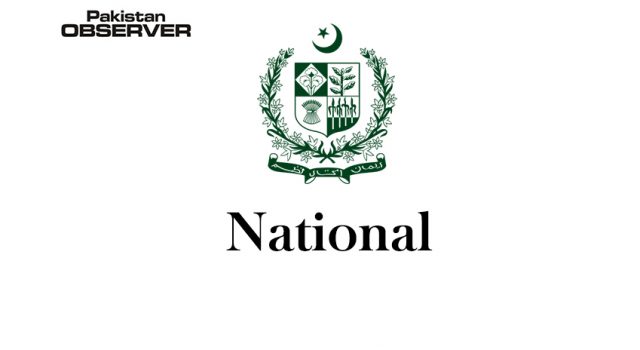Swat
The experts on Monday warned that increased consumption of sugar sweetened beverages and food items was causing serious non-communicable diseases (NCDs) including overweight or obesity in the country where every second women would be obese by 2025 if situation persists unattended.
They expressed these views while addressing an awareness session organized in Behrain Swat under the auspices of Pakistan National Heart Association (PANAH).
PANAH General Secretary Sana Ullah Ghumman, in his welcome remarks, said that 30 percent of the total production of sugar was consumed domestically, whereas 70 percent of the remaining production was utilized by the beverage industry, the highest consumer of sugar.
“One of the major causes of heart diseases, obesity, diabetes and other NCDs is the increased consumption of sugar sweetened beverages (SSBs),” he added.
Ghumman said by increasing tax on sugary drinks, the burden of diseases could be reduced alongwith increase in the revenue of the government.
“Unhealthy diet is the top most cause of disease and death. Improving diet could help in preventing diseases and deaths from NCDs,” the PANAH General Secretary remarked.
Advisor to Food Policy Program Munawar Hussain told the participants that 40 percent of the country’s children under five years of age were stunted and over 41 percent adults were overweight or obese. He said they were facing multiple challenges of malnutrition.
In Pakistan, from 2011 to 2018, obesity in women increased from 28 percent to 38 percent, while in urban areas it increased to 44 percent. Within last seven years, the ratio of obesity among Pakistani children was registered doubled.—APP










